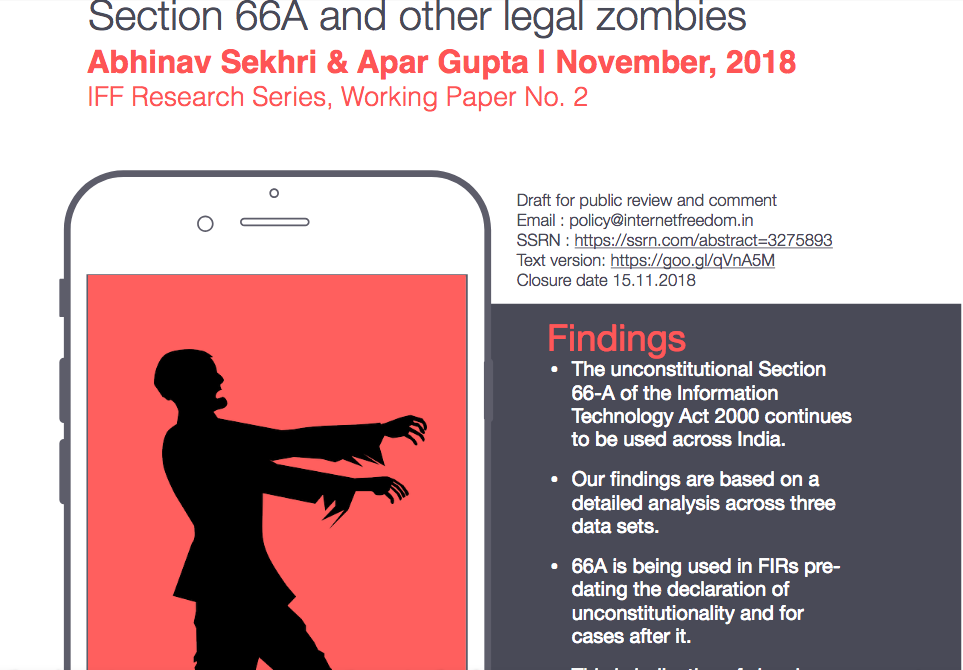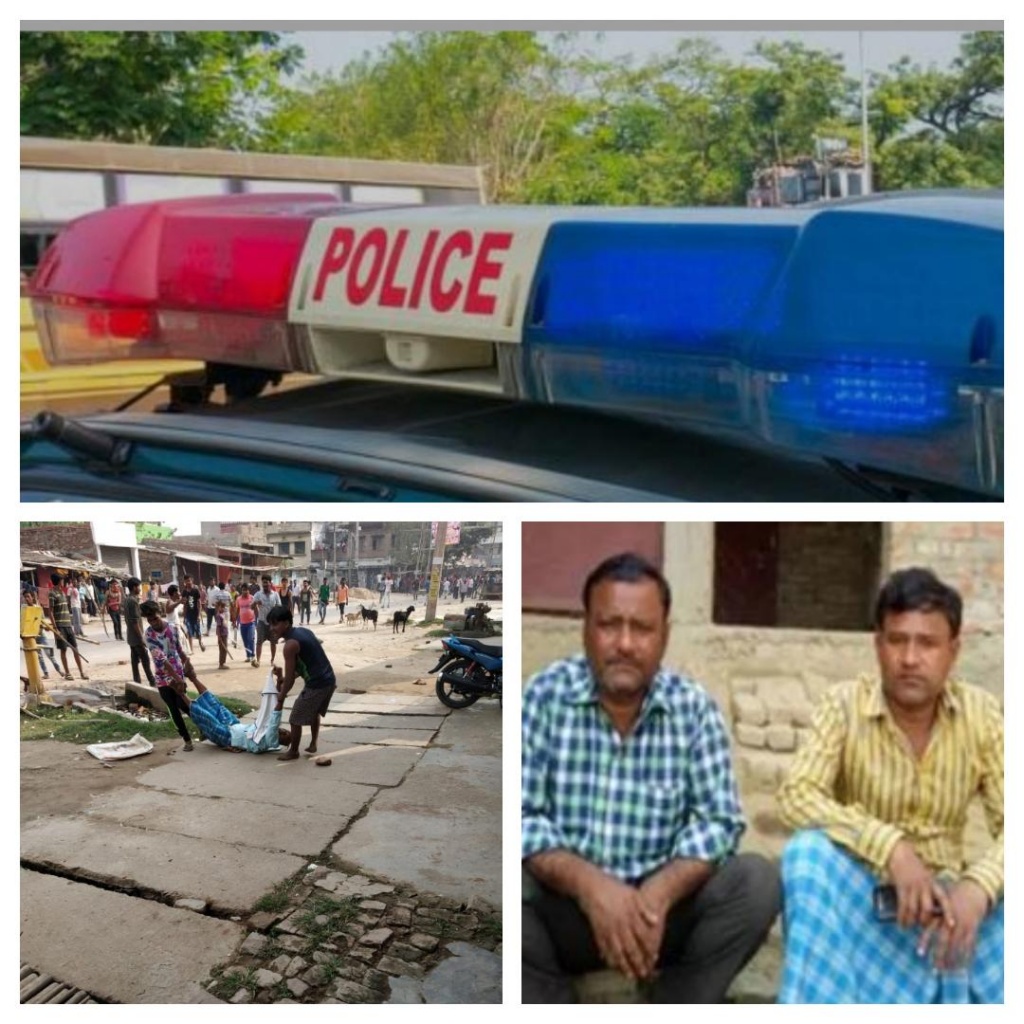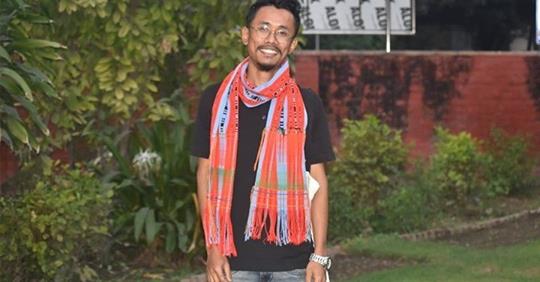CREATIVITY WRONGED: HOW WOMEN’S RIGHT TO ARTISTIC FREEDOM IS DENIED AND MARGINALISED
A FreeMuse report
Alankrita Shrivastava’s film Lipstick Under My Burkha was initially denied release in India for being “lady oriented”, Icelandic artist Borghildur Indriðadóttir had her Facebook friends and photos deleted after she shared a promo of her photo exhibition Demoncrazy featuring topless women, and Afghan playwright and actor Monirah Hashemi received death threats for performing in Afghanistan and shut herself inside her house for three months before relocating to Sweden to continue her career in the arts.
These women artists are just a few of the voices in Freemuse’s new report Creativity Wronged: How women’s right to artistic freedom is denied and marginalised. The first-of-its-kind, 100-page report highlighting the inequality, exclusion and harassment of women artists and audiences around the world, as documented through five years of research. It is based on dozens of qualitative interviews and contains analysis of over 90 cases of violations against women artists and audiences over the last five years.
Freemuse launched its report on women and artistic freedom: Creativity Wronged: How women’s right to artistic freedom is denied and marginalised on 29 November 2018.
The report highlights the inequality, exclusion and harassment of women artists and audiences around the world, as documented through five years of research.
It is available to download here.



